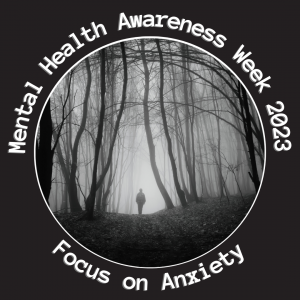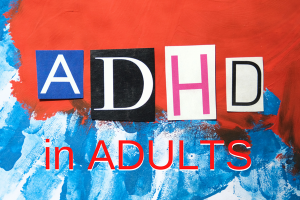Most cases of back pain get better on their own and may be classified as ‘simple’ back pain where serious underlying pathology is unlikely.
As most cases will improve over 6 weeks or so many people don’t need to see a doctor, and may instead seek help from an osteopath, physiotherapist or a movement specialist such as a pilates teacher. However, you should seek medical advice if you’re worried about your back or struggling to cope with the pain.
Red Flags signs and symptoms
There are symptoms doctors describe as red flags which indicate serious problems requiring urgent action. These are very rare but mean people should seek medical attention immediately.
You should seek immediate medical advice if your back pain is accompanied by any of the following signs or symptoms:
- A nerve problem other than pain
- Loss of sensation, numbness or tingling around the genitals or back passage, especially of the area that would sit on a saddle so-called saddle anaesthesia)
- Sudden difficulty passing urine
- Loss of bowel control
- Unsteadiness when walking
- Dragging a leg to walk
- Weakness in one or both legs
- Impaired sexual function, such as loss of sensation during intercourse
- You are also feeling unwell or feverish.
- The pain is in the upper part of the spine.
- Pain is constant and getting worse.
- Debilitating back pain that is not reducing after 4 – 6 weeks.
- You are under the age of 20 or older than 55 and getting back pain for the first time.
- You also have significant unexplained weight loss.
- You have back pain after a violent injury, e.g. road traffic accident, fall etc
- You have pain with obvious structural deformity of the spine.
- You are taking Corticosteroids.
- You are living with an autoimmune illness or have comprised immunity
These may be signs of Cauda Equina Syndrome, a condition where the nerves at the base of the spine are being compressed; this needs urgent assessment and treatment.
If this happens out of hours or over the weekend, the best advice is to go to A&E or call 111 if you are on your own.
Note; Red flags symptoms do not confirm that something terrible is going on, just that it’s time to talk to a doctor. It is also worth noting their absence does not guarantee you don’t have a more severe problem either.
SaveSave
SaveSave






